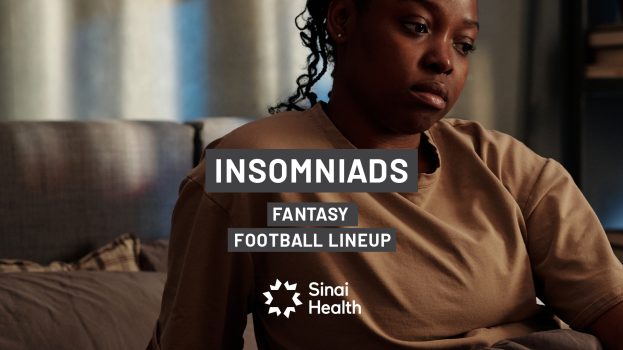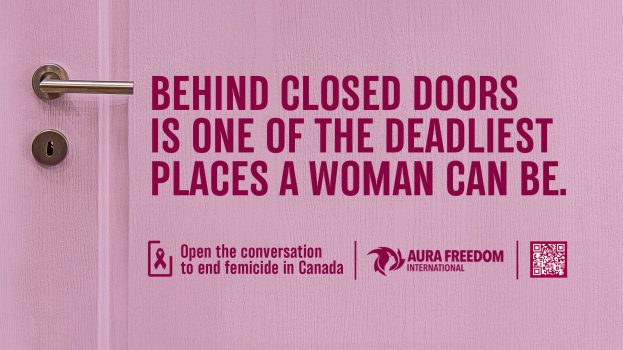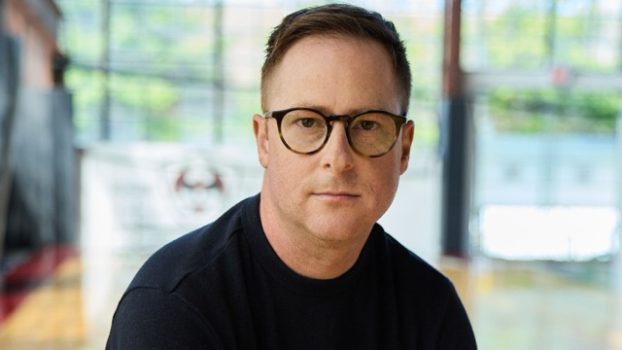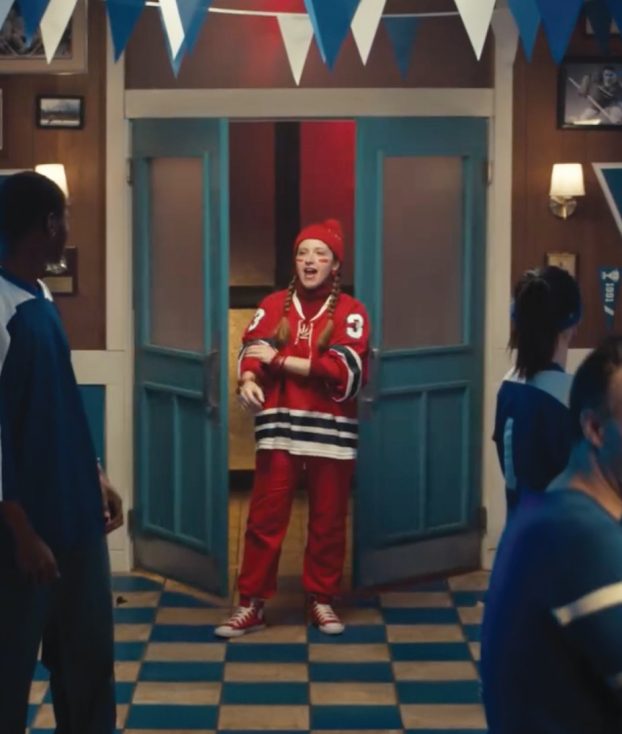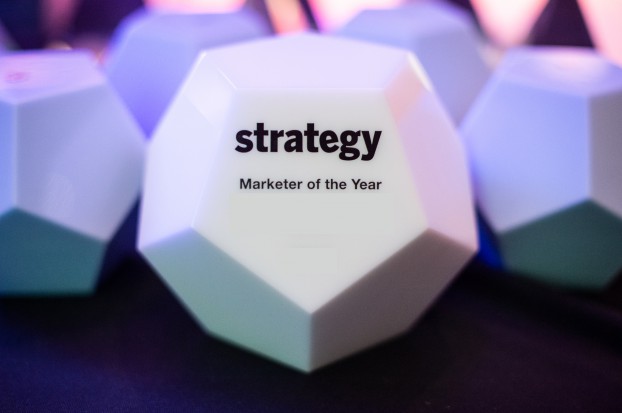What do women want? It’s an age-old question.
To limit the plethora of answers, let’s look at it in the context of our industry. What do you need to know to communicate effectively to women? Although some advertisers and marketers seem to understand the answer and make their work reflective of it, the majority does not. There are far too many examples of communication that are simply lagging behind the times when speaking to women. And frankly, I find that appalling. Agencies, clients and media partners have a responsibility to strive for work that touches the hearts and minds of women in the 21st century.
Why don’t we already know what women want? Try asking the question ‘What do men want?’ Sounds ridiculous doesn’t it? Either we all have that one figured out or no one’s really interested in the answer. Well, guess what? The shocking revelation is – are you ready? – at the heart of it, we all want the same things. It’s just that we may want them served up to us in different ways. What’s disturbing is that our business community has not caught up to these facts yet.
I’ve spent the last 12 years in advertising and marketing. I’ve worked with mothers on Pampers in Poland, teens in the U.S. on Always, women in Canada on Nair and, most recently, I had the chance to moderate a Strategy panel discussion regarding a diverse range of ads aimed at women. In every case, what’s apparent is that regardless of what country and what product or service, women answer the question with remarkable similarity. Treat us with the respect you would any human, recognize the differences amongst us, and make an effort to speak to those when selling your products or services.
Women are not a big mystery that requires a textbook or therapist to unravel. We, like men, want social acceptance. We want to be respected, talked to in a language we understand. We don’t want to be patronized or condescended to. We also want to be informed, inspired, taught and entertained. In the end, we all want to survive, succeed, and hopefully find some happiness along the way.
Once you’ve recognized this, your next job is to find out what kind of woman I am before you can speak to me. I’m a woman, yet I’m not all women. I am a white, Polish, first-generation Canadian, single, professional, urban woman with no children. That makes me quite different from a good friend who’s of English-Italian descent, fourth-generation Canadian, pregnant and living in the suburbs. Or, for that matter, different from my black lesbian friends who just had a baby and are raising it together with a good male friend.
My point? Despite these kinds of differences, many marketers lump all women together in the same category and expect that we’ll all relate to their messages in the same way. Certainly, in this media-savvy world that’s increasingly moving from broadcast to narrowcast, we can find ways to reach and celebrate the diversity and uniqueness of all women with insight-rich messages.
If we all start with communication that’s grounded in human insight, we’ve got a shot at being successful. However, the real power comes from knowing your audience more intimately, as well as knowing where and when they can be reached in order to have a dialogue with them. If you set out to understand these things, you’ll stand a chance of gleaning the kind of deep and resonant insights great female-targeted ads like the original Special K work and the more recent Shoppers Drug Mart work are based on.
Women, like men, want to feel understood and there’s no shortcut on how to get there. Knowing your audience is everything, whether it is through focus groups, quantitative studies, street intercepts, house visits, or talking to your wife, sister, friend or lover. Do whatever it takes, but do it. This is less about casting the ‘perfect woman’ and more about knowing which woman you’re talking to, what language she speaks and responds to, what motivates her, what her specific needs are, what makes her laugh and cry, and therefore, what could make her reach for your soap over the other guy’s.
Whether you’re a client, agency or media person, you have a responsibility to strive for honest, real and relevant messaging to women of this century. Beyond being more successful at selling your products or services, you will succeed in reinforcing an important social message. Women deserve more than what they’re currently getting from our industry.
Ania Russocki is president of Gee Jeffery & Partners Advertising in Toronto. She recently moderated a panel on ‘Catering to Women’s Needs with Great Advertising’ at Strategy’s What Do Women Want conference, held Nov. 25-27 in Toronto. This column was inspired by her participation in that event. Russocki can be reached at arussocki@geejeffery.com.

